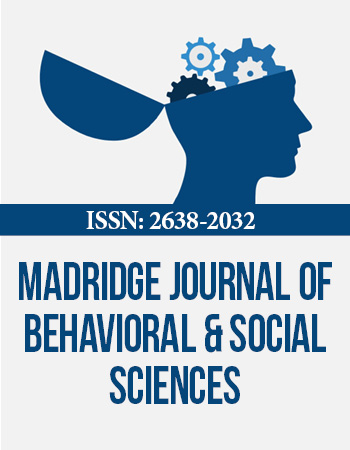International Conference on Alzheimerʼs Disease & Associated Disorders
May 7-9, 2018 Rome, Italy
Inhibition of Endocytic Pathway of BACE1 as a Therapeutic Strategy for Alzheimerʼs Disease Treatment
Tel Aviv University, Israel
Aims: Early endosomes are the first major sorting station in the endocytic pathway of BACE1 for cleavage of APP without interfering in processing of other vital substrates. The endocytic pathway is responsible for internalization and processing of cell surface APP which generates besides Aβ, the β- AICD capable of regulating transcription. Here we propose to interfere with APP-BACE1 interaction, exploiting its presence at the cell surface prior to internalization into early endosomes. The proposed approach is based on antibodies blocking the β-secretase cleavage site of APP (BBS1).The complex APP-BBS1 is stable at acidic pH and may prevent the amyloidogenic processing of APP by BACE1 in early endosomes.
Method: BBS1 antibodies raised against a chimera antigen containing only one Swedish mutation of APP, recognize both wildtype and mutated APP and do not bind to Aβ peptide. The effect of BBS1 on pathology and cognitive functions in mice model of AD was investigated.
Results: The treatment of 3xTg-AD mice with BBS1 improved the cognitive function, lowered the levels of intracellular Aβ, reduce the plaques size, phosphorylated tau and inflammation .The antibodies down regulate apoptotic genes as P53 and GSK3β which are involved in neuronal apoptosis.
Conclusion: Amyloid-β peptide is not the only active component for AD neurotoxicity and the β-AICD which regulates the transcription of genes involved in cytoskeletal dynamics and apoptosis contributing also to AD pathology. Inhibition of endocytic pathway of BACE1 via antibodies blocking the β-secretase cleavage site of APP may prevent amyloidogenic processing of APP and thus became a therapeutic strategy for AD treatment.
Biography:
Professor Beka Solomon earned her Ph.D. in 1976 from the Weizmann Institute of Science, Rehovoth, Israel. She joined Tel-Aviv University in 1979 following post-doctoral studies and training periods at Harvard Medical School and Brigham and Womenʼs Hospital, Boston, USA. She is a member of the editorial board of Drugs of Today, Recent Patents on CNS Drug Discovery, of Neurodegenerative Diseases and Journal of Alzheimerʼs Disease. She was awarded the prestigious Zenith Award of the Alzheimer Association, and received the Dana Foundation Award for Neuroimmunology. In 2007 she was included in Scientific Americanʼs List of 50 of the Worldʼs Leading Innovators.


